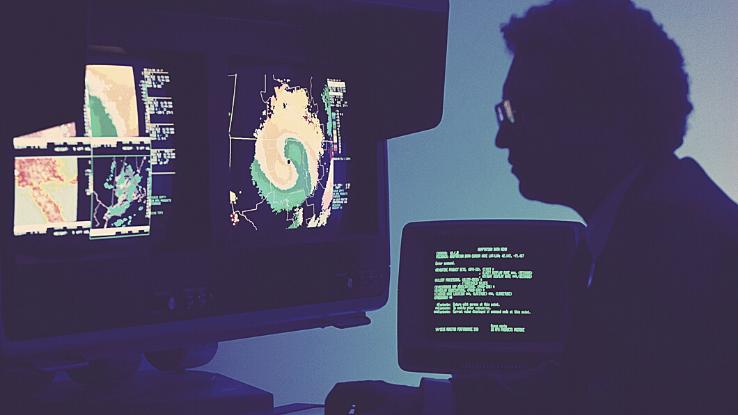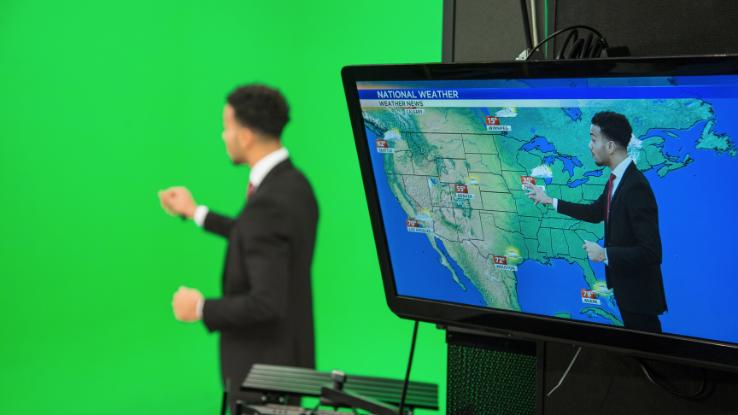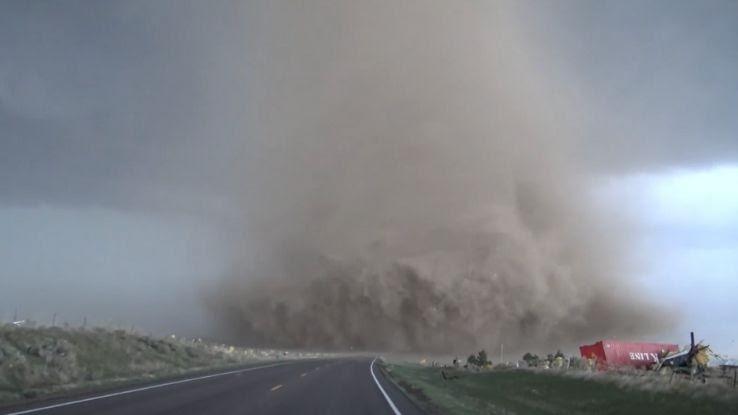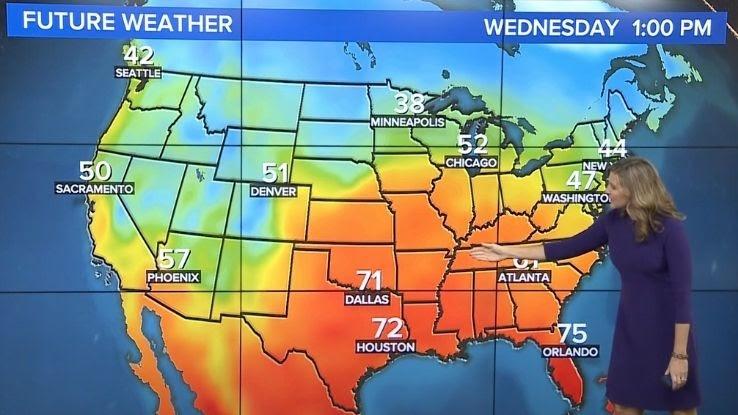Difficult Predictions: Is AccuWeather’s 30-day Forecast Accurate Anymore?

We’ve all flipped between different weather apps, wondering why each is giving a slightly different report. When it comes to precise predictions, AccuWeather claims to have the most accurate forecasts, but is that really true? We’re delving into the history of weather predictions; taking a closer look at the tools AccuWeather has at its disposal; and exploring the ways climate change has impacted the field of meteorology.
How Are Weather Forecasts Made?
Before we look at AccuWeather, it’s important to understand the basics of weather forecasting. In the past, weather predictions were created using barometers and thermometers. Of course, these tools don’t offer incredibly accurate predictions, but these early meteorologists relied on persistence and patterns. That is, by looking at past weather movements, they were able to predict future ones and create weather maps.

Luckily, advancements in technology have helped us form a more accurate system. Nowadays, meteorologists predict the weather by observing current and historical conditions. Observations are noted using aircraft, satellites, weather balloons, ground radars, and many other tools. This information is then put into computer models, which help meteorologists predict weather events days before they occur. Depending on the computer model, various parameters — from wind speed and temperature to humidity — are prioritized. These different prioritizations impact the overall accuracy of the final forecast.
How Does AccuWeather Make Weather Predictions?
The privately owned, for-profit weather-forecasting company AccuWeather has a team of over 100 meteorologists who work together to predict the weather. Using 176 computer models, they utilize information from government weather data as well as privately owned sensors. Meteorologists then compare those computer models to the weather at the present time.

“The snow is moving faster than the models are capturing,” Joel Myers, AccuWeather’s founder, explains. “And so we accelerate to start the snow an hour, an hour and a half, faster than the models are indicating, and that’s how we get the jump on our competitors.” However, as you can imagine, methods like these are more reliable for predictions of up to 10 days. Of course, just 25 years ago, meteorologists struggled to make accurate predictions for more than three days ahead, so can we really trust AccuWeather’s 30-day forecasts?
How Accurate Is AccuWeather?
With a name that promises accuracy, AccuWeather has a lot to live up to — but does the company hit the mark? A 2020 study, which looked at the accuracy of weather predictions across the span of 18 months, crowned AccuWeather the most reliable source when it comes to measuring weather. By examining the company’s high-temperature and low-temperature forecasts, the study found that AccuWeather had the lowest average absolute error out of all the reviewed weather forecasting services.

But not everyone seems to agree. In 2016, AccuWeather announced 90-day forecasts, which made many meteorologists roll their eyes. Their forecasts were dubbed “unscientific” since, as many opponents pointed out, even the smallest variable can lead to a dramatic change, especially when you’re looking that far out. One meteorologist went so far as to call AccuWeather’s 90-day predictions “scientifically indefensible”, noting that “Forecasts of this type beyond 7-10 days (at the most) are simply not possible. If someone tells you otherwise, they’re wrong, because we are in the realm of palm reading and horoscopes here, not science.”
Moreover, a 2019 study revealed that weather can’t be (accurately) predicted more than 10 days in advance, something the American Meteorological Society agrees with, citing ever-changing — and sometimes extreme — weather conditions as an insurmountable source of variables. In response, AccuWeather noted that these further out reports mainly help meteorologists observe the evolution of weather patterns. In other words, they aren’t a strict guide to plan your vacation around.
Meteorologists vs. Climate Change
Climate change is a frequent topic of discussion among meteorologists — and for a good reason. Over the years, more and more meteorologists have started to believe in climate change and the mounting climate crisis. This, in return, has increased their reporting on it and helped to raise awareness. But meteorologists are contending with the consequences of profound climate change each and every day — not just when a devastating weather event strikes.

In fact, a Stanford University study noted that climate change has had a significant impact on the accuracy of weather reporting. The study highlighted that relying on historical data and predictions to report on the weather could lead many to underestimate certain weather events or patterns. In turn, this could have a devastating impact on the folks living through these events.
In short, since these more extreme weather events aren’t something we can easily trace to another point in our meteorological history, it’s difficult to draw reliable conclusions. The Stanford study proposes that meteorologists try to account for these gaps in knowledge when making predictions. With both climate change and global warming becoming increasingly concerning, National Geographic reported that by 2050, cities around the world are likely to face conditions they’re never experienced before, which could be particularly troubling for tropical cities. Without a doubt, these new challenges call for an advancement in weather prediction tools and technology. For now, it’s looking mostly cloudy.





